Knowledge Share Description
War leaves behind a toxic legacy that devastates ecosystems, contaminates water sources, and harms communities for generations after. Explosives, heavy metals, white phosphorus, and other chemicals can linger in the soil and water, posing long-term threats to health and food security. This knowledge share will provide an introduction to bioremediation — the practice of allying with living organisms to detoxify and regenerate contaminated soils and water. Participants will learn how to work with plants, fungi, beneficial microorganisms, and other regenerative remedies to remove, neutralize, or break down the toxic contaminants left by war. We will explore how bioremediation can help restore contaminated and damaged farmlands, heal ecosystems, protect water resources, and support healthy food systems in war-impacted areas. Where wars specifically seek to destroy and poison the land to make it uninhabitable for the peoples of that place, bioremediation is resistance, remedy, and resilience. Highlighting strategies for practical, place-based, and community-centered approaches to ecological healing, we will hold the realities of Palestine, Lebanon, and Ukraine in our hearts and as our guide. Join us for an honest and hopeful exploration of bioremediation possibilities for healing the ecological wounds and toxic realities of war and genocide.
We will :
Explore different bioremediation modalities, including working with plants (phytoremediation), fungi (mycoremediation), beneficial micro-organisms (microbial remediation), biochar to detox, heal and regenerate contaminated lands and waters
Unearth the key contaminants, toxic legacies, and ecological destruction caused by war and military occupation
Consider various strategies to support farmers and communities in restoring soil and growing healthy food and medicines in the aftermath of contamination from war and military activities
Reflect on important considerations and limitations for the application of bioremediation in war and conflict zones
Cost
$35 - Living Library Membership (access all knowledge shares for the month and our archive for $35)
$45 - low income
$65 - standard
$90 - pay-it-forward (if you have financial abundance, this is our pay-it-forward option to fund our full tuition scholarships)
or access this knowledge share via our Living Library $35
For more information on sliding scale please check out this amazing work!
The zoom link will be sent upon registration. Recording will be available for 30 days.
Please apply here for a scholarship.
Living Library
You can access this knowledge share and all of our 2025 knowledge shares by becoming a member of the Living Library.
We invite you to become a member of our Living Library, Herban Cura’s digital school & archive. The Living Library, is a subscription giving access to over 200 hours of present and past knowledge shares by wisdom holders, professors, land stewards, seed keepers, and investigators spanning Indigenous horse connections & dark sky wisdom, to seaweed medicine & more.
You can sign up here to become a monthly or annual member
Accessibility Information
Virtual Gathering
*ASR (automated) captioning provided
The knowledge share zoom link will be sent out immediately upon purchase, along with any other necessary information.
Sunday, February 23, 2025
1:00pm - 3:00pm Eastern Standard Time
Class will be recorded and available for 30 days. This means you can join from anywhere in the world.
Facilitator
Leila (she/her) is a bioremediation specialist, community organizer, writer, and educator with a deep commitment to providing accessible and regenerative tools for communities dealing with the toxic contamination of lands and waters. She is the author of “Earth Repair: A Grassroots Guide to Healing Toxic and Damaged Landscapes” (New Society Publishers). For over a decade, she has taught bioremediation courses and supported community projects in North America, Europe, and Palestine. Her work is rooted in environmental and social justice, inspired by community resistance and resilience, mutual aid, and regenerative earth repair. Honouring her Palestinian ancestry (her father’s family are Palestinian refugees who ended up living in Lebanon after the Nakba before immigrating to Canada), Leila is passionate and dedicated to exploring bioremediation possibilities for supporting food justice, community health, and ecological recovery in lands impacted by the destruction of war and occupation.
